Parent-Child Interaction Therapy Decreases Tension and Improves Relationships
Parent-Child Interaction Therapy:Improving Relationships and Building Trust Through Positive Parenting
By Christina Lorella
Child abuse, whether it be physical, sexual, or emotional, is every parent’s worst nightmare. As loving parents, we spend our days guiding and nurturing our small children and keeping them out of harm’s way with the hope that, when the time comes for them to take care of themselves, they can successfully do so. However, no matter how much we try, all of us have our “off” days when our energy is depleted and our patience is limited.
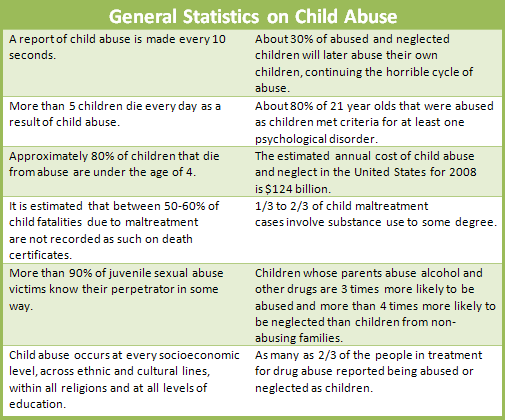 As a first time mother with a then-two-year-old, I distinctly remember an older woman watching my daughter have a tantrum at the grocery store. Rather than share her annoyance or give me a glimpse of disapproval like many others chose to do, she smiled at me and said, “The days are long, but the years are short.” I have never forgotten those words. As our precious time with our little ones starts to fade away, we begin to long for their younger days, tantrums and all.
As a first time mother with a then-two-year-old, I distinctly remember an older woman watching my daughter have a tantrum at the grocery store. Rather than share her annoyance or give me a glimpse of disapproval like many others chose to do, she smiled at me and said, “The days are long, but the years are short.” I have never forgotten those words. As our precious time with our little ones starts to fade away, we begin to long for their younger days, tantrums and all.
In the heat of the moment, however, it is all too easy to forget just how “precious” our little ones are and to lose our cool.
When we are tired and irritable, we often react in ways that don’t mirror the type of parent we want to be, nor the type of person we want our children to become. As our children’s first teachers, the way we caregivers cope with frustration and stress directly relates to our child’s ability to process his or her emotions and behaviors.
Sadly, when it comes to child abuse, that same mirror effect is often true. In fact, is believed that at least thirty percent of abusers were also abused as children. While there are no sure-fire indicators or any ethnic or socioeconomic attributes that can accurately determine that a person will become abusive, research does suggest that being abused as a child leads to a higher probability of continuing the cycle. Other contributing factors to abuse are parents who grew up in a home that lacked positive parenting models, immaturity, financial struggles, or false expectations of childhood development (NCCAFV, 2015). Typically, individuals who lacked role models with appropriate emotional regulation are the same people who, in later years, react irrationally to stressful parenting situations.
It is important to remember that being abusive does not mean a parent lacks love for their child. According to the National Council on Child Abuse and Family Violence, “abusi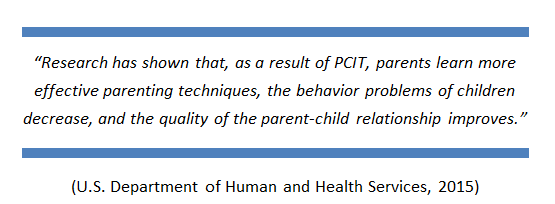 ve parents may love their children very much, but not very well.” (2015). But, like all things, positive parenting is a skill that can be learned.
ve parents may love their children very much, but not very well.” (2015). But, like all things, positive parenting is a skill that can be learned.
Here at Encompass, we offer Parent-Child Interaction Therapy (PCIT), an evidence-based training program that aims to increase positive feelings and interactions between parents and children, improve child behavior, and empower parents to use consistent, predictable, effective parenting before physical or emotional abuse has the chance to occur.
Research has shown that “as a result of PCIT, parents learn more effective parenting techniques, the behavior problems of children decrease, and the quality of the parent-child relationship improves,” which is priceless no matter the extent of behavioral or relational problems within the home.
According to Encompass child and family therapist Marnee Crawford (M.A., IMH-E II, LMFT), the benefits of PCIT for both children and their parents is invaluable.
“Children benefit from PCIT in many ways. PCIT reduces anxiety, depression, ADHD symptoms, negative attention-seeking behavior and aggression. PCIT increases self-esteem, confidence, feelings of safety and security, attention span, receptive and expressive speech. PCIT creates parents who are consistent in the discipline of their children and creates children who have increased sense of peace and safety, knowing that their parents are consistent and predictable.”
Through programs such as PCIT, children learn new coping mechanisms while parents are able to develop skills that will prove to their children that they are capable of not only loving very much, but also very well.
For more information or to schedule a confidential PCIT session, please contact Summer Nowicki at 425.888.3347 or at summer.nowicki@encompassnw.org .

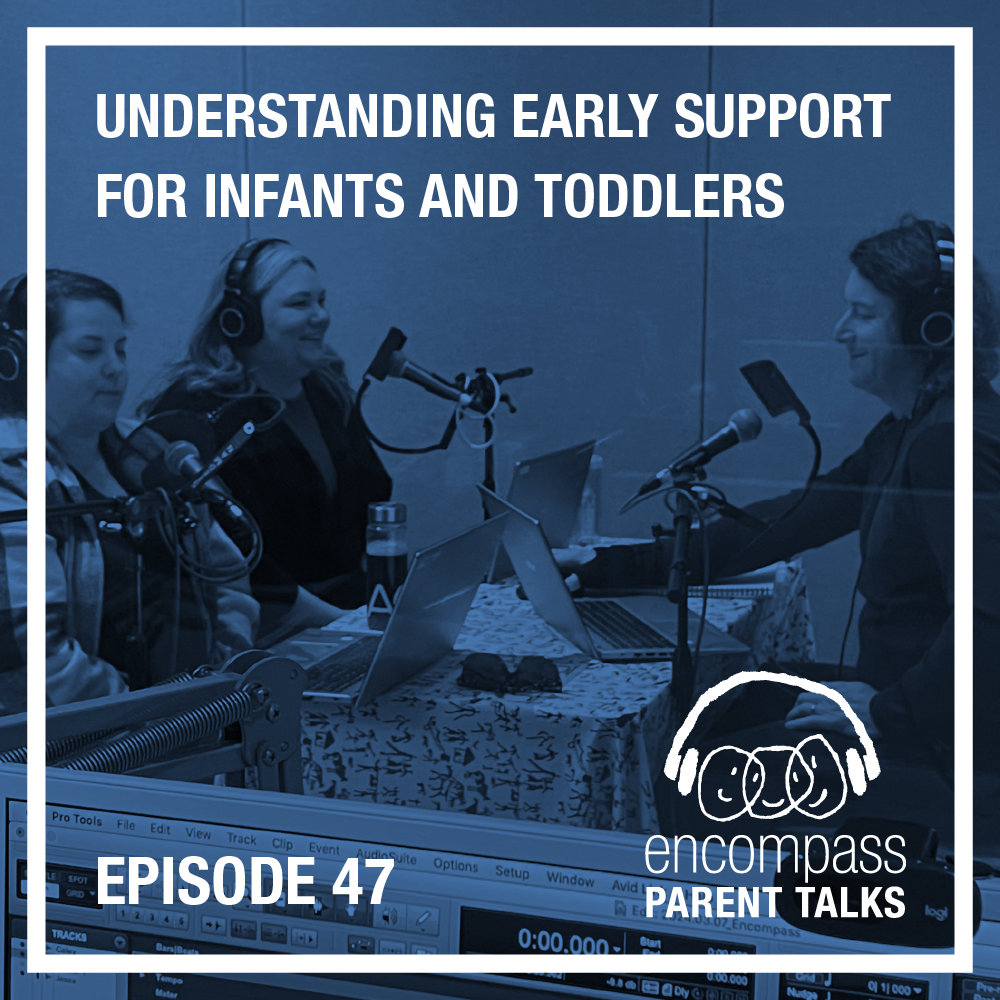
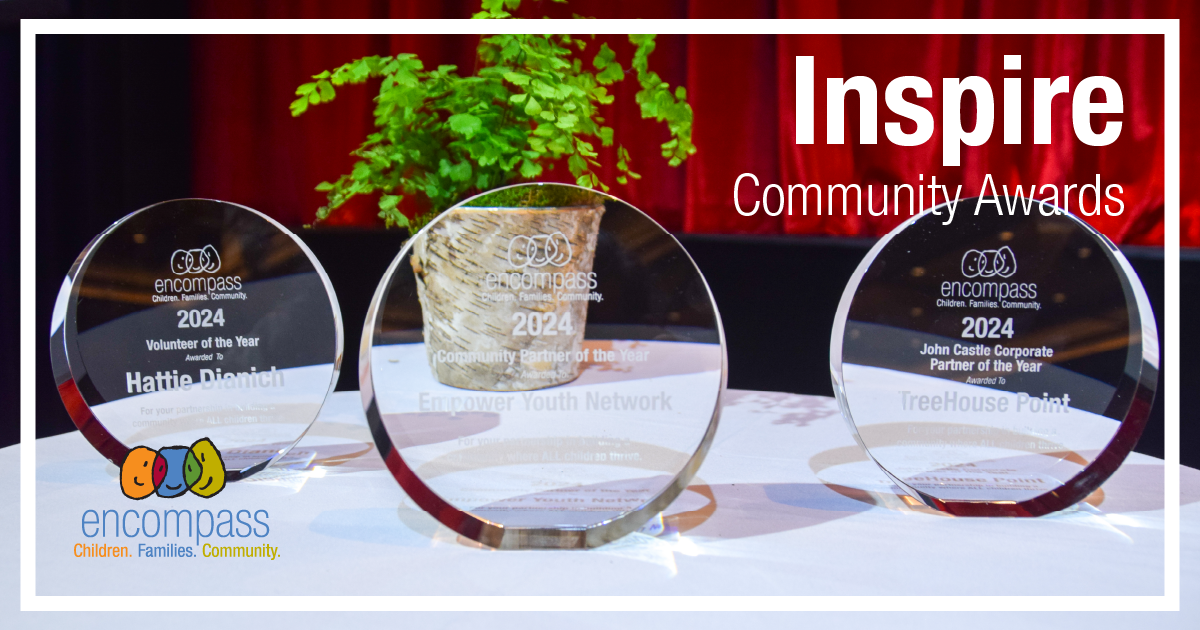
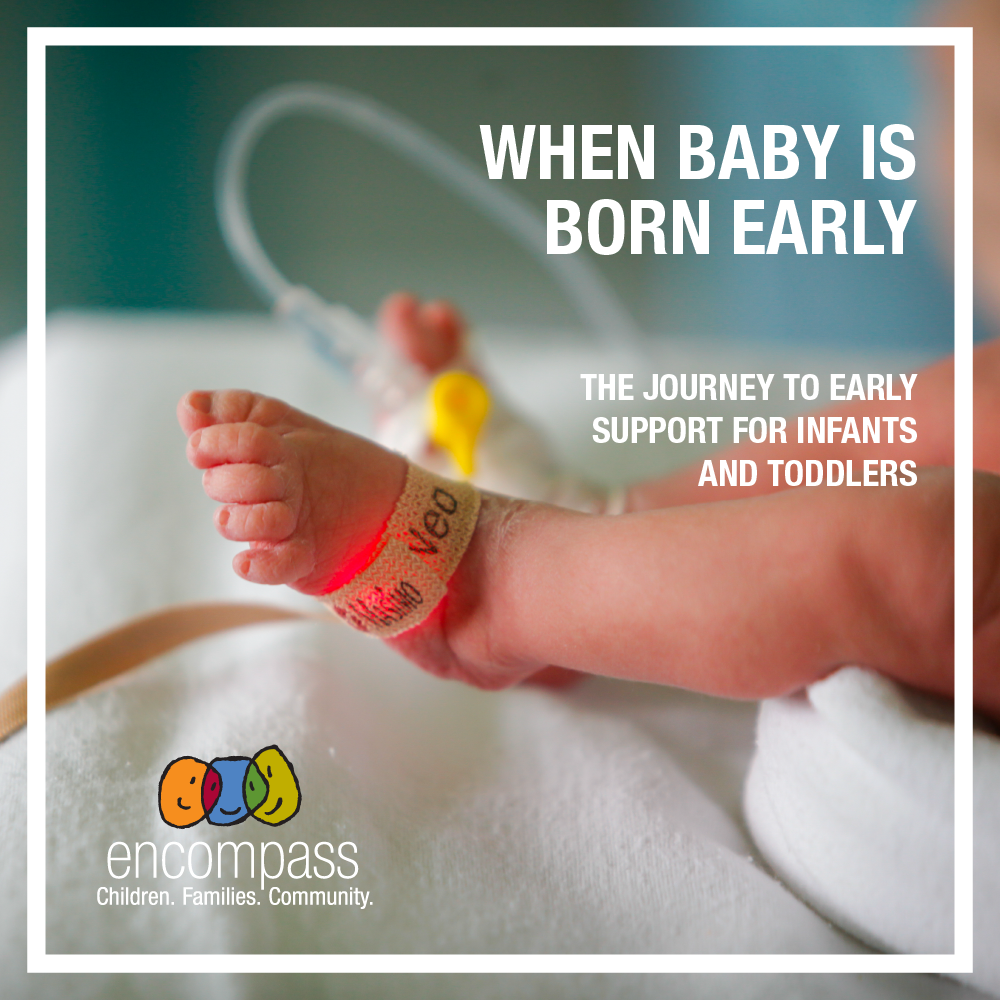











Leave a Reply